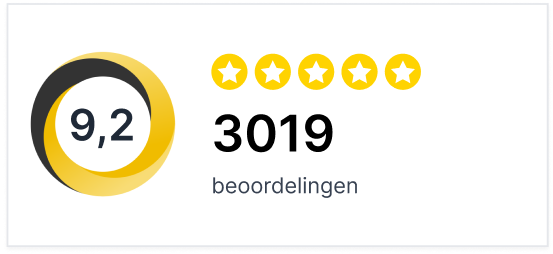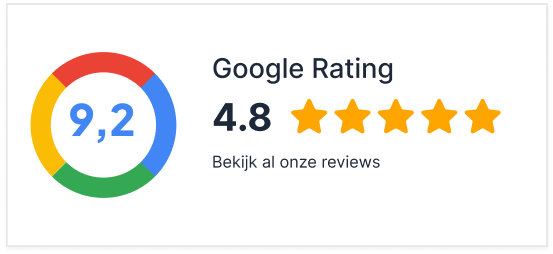The era without cookies is getting closer and closer. Last year, the well-known browsers Safari and Mozilla Firefox already banned third-party cookies. And with the rollout of the IOS 14 update, it is possible for Apple users to opt out of cookie tracking through apps. Meanwhile, over 96% of IOS users have opted out of this. Google’s initial plan was to stop cookies by 2022. But that decision was postponed in the summer of 2021. The main reason was that more time is needed to get everything in order. It is now clear that third-party cookies will also disappear in Google by 2023.
What are third party cookies anyway?
As far as I am concerned, we must do everything we can to protect people’s privacy. In my view, therefore, it is good that Google will also start blocking third-party cookies. But what do these cookies actually do? To explain that, I will first explain to you what First party cookies are. A first-party cookie is placed on your own website. This allows you to gather information about visitors and their behavior on your website. Consider information about the number of website visits. But also information about the duration of a visit to a specific page. A commonly used tool to find out this information is Google Analytics.
Well-known platforms that use these third-party cookies are LinkedIn, Facebook and Google. Third party cookies are created for other website. With the introduction of the General Data Protection Regulation (GDPR), these cookies have been the subject of much controversy in recent years. Using these cookies, it is possible to track visitors across many different Web sites to build a user profile. A great tool for marketers to have the interests of their target audience in view. But often the use of these cookies also leads to annoyance when, after buying a pair of new sneakers, they continue to be confronted with online ads in the following weeks.
Panic
Among a large number of marketers, the disappearance of third-party cookies is causing mild panic. It makes marketers even more dependent on Facebook, LinkedIn and Google in the first place, because they have to lean even more on the first-party data from these platforms. It also raises questions about how they can target audiences in the future. Naturally, marketers will look for alternative ways to still achieve their goals.
Learn more
Does the disappearance of third-party cookies cause you mild panic, too? If so, feel free to contact us so we can think with you about alternative options for your business. In our experience, there are plenty of ways to achieve goals without using these cookies. Going together for a cookie-free era? We are ready for it!












